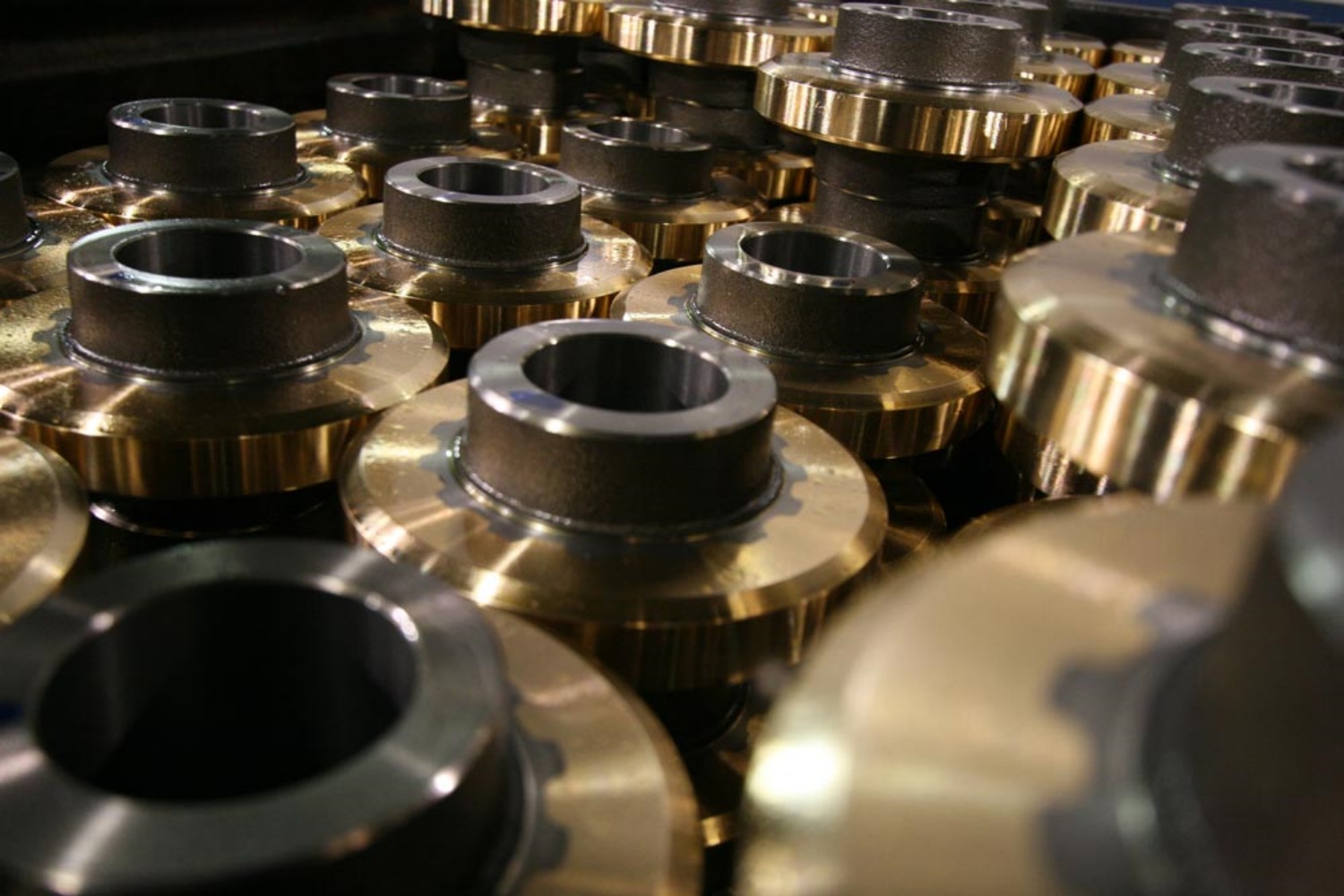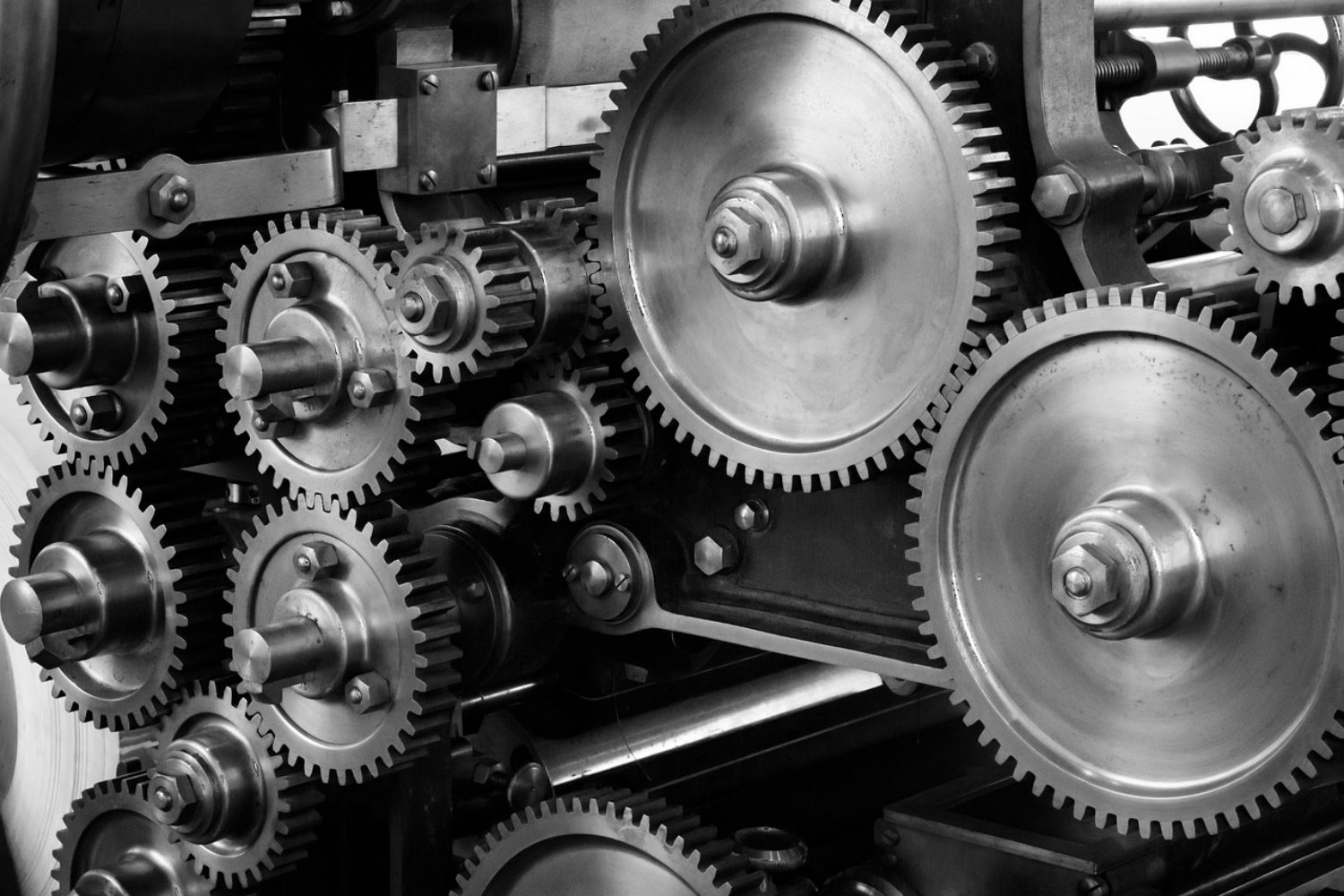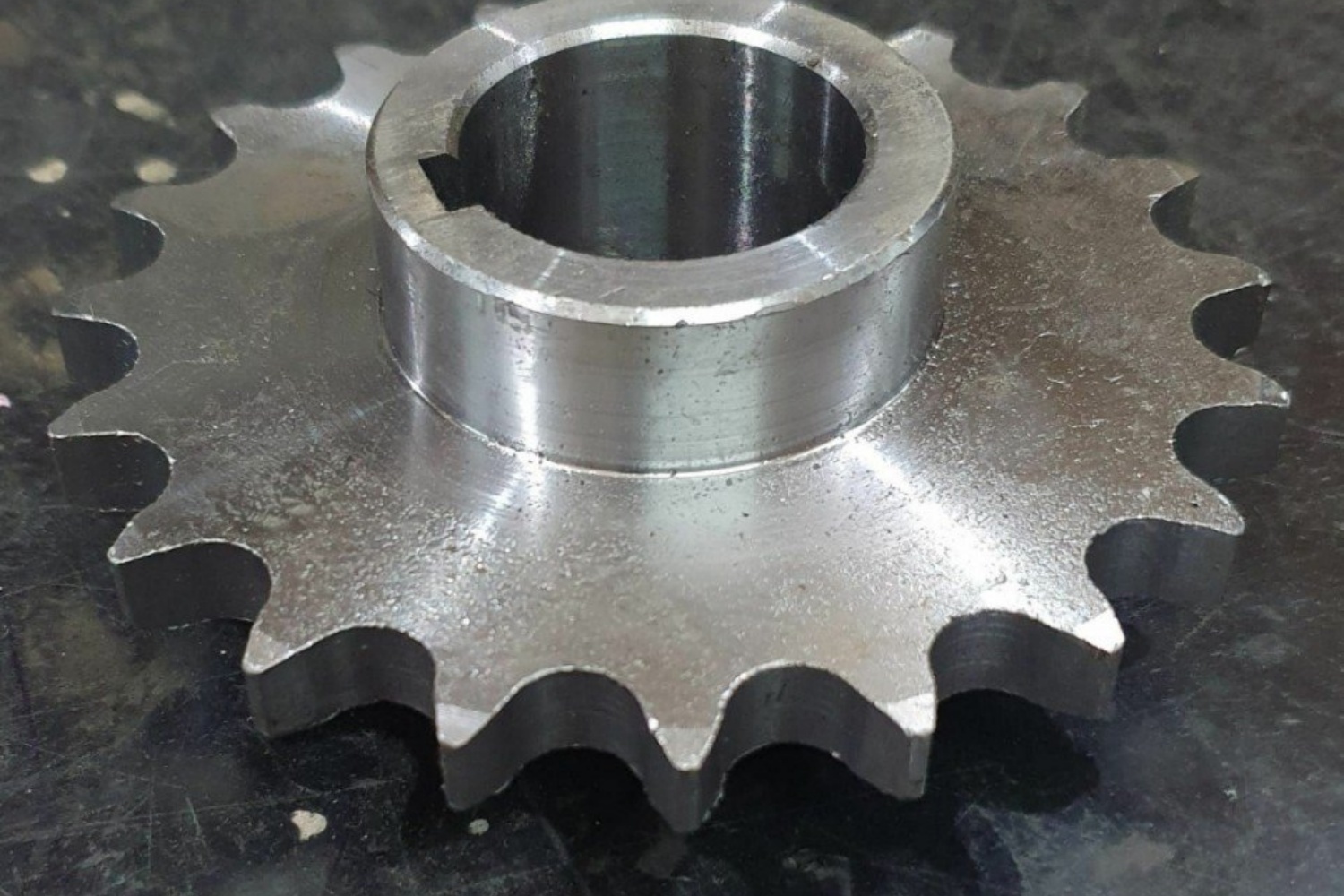In the industrial world, belts and pulleys are essential components for power transmission and motion control. V-belt pulleys are widely used in various applications due to their efficient power transmission and simple maintenance. However, the traditional V-belt pulleys may not be suitable for all industrial applications as each application has unique requirements. The editor will focus on customized solutions for custom V-pulleys to meet the specific needs of different industrial applications.
Understanding the Application
The first step in customizing V-belt pulleys is to fully understand the application requirements. It is essential to analyze the load capacity, speed, and operating environment of the pulley system. Additionally, it is crucial to consider the compatibility with the belt material and the necessary shaft diameter to ensure proper performance. A thorough understanding of the application enables the designer to tailor the pulley system to meet specific performance criteria.
Design Considerations
The design of V-belt pulleys involves several considerations to achieve optimal performance. The designer must determine the appropriate pulley size, material, and geometry. The size of the pulley is determined by the required load capacity and belt size. The material selection is based on factors such as load conditions, speed, and environment. Geometric design considerations include the V-angle, Pulley groove width, and depth. These design parameters directly affect the performance and durability of the pulley system.
Material Selection
The material chosen for V-belt pulleys significantly affects their performance and durability. Common materials for V-belt pulleys include cast iron, ductile iron, aluminum, and steel. Cast iron and ductile iron are commonly used for their high strength and wear resistance properties. Aluminum and steel are preferred for their lightweight and corrosion resistance properties. The material selection should be based on the specific application requirements, including load conditions, speed, and environment.
CNC Machining
CNC (Computer Numerical Control) machining is a crucial step in the manufacturing of customized V-belt pulleys. This process allows for precise and accurate machining of complex geometries, ensuring the desired performance is achieved. CNC machining also enables the production of intricate features such as splines or keyways, which are essential for ensuring a secure fit between the pulley and belt.
Quality Assurance
Quality assurance is an essential component of any customized solution. It involves rigorous testing and validation to ensure that the V-belt pulleys meet the desired performance criteria. This includes dimensional inspection, material testing, and load testing. Additionally, it is essential to conduct accelerated aging tests to ensure the durability of the pulley system under extreme conditions.
Customized Solutions Benefits
Customizing V-belt pulleys provides several benefits to diverse industrial applications:
- Optimized Performance: Tailoring the pulley system to specific application requirements ensures optimized performance, resulting in increased efficiency and productivity.
- Durability: Customized V-belt pulleys are designed to withstand specific load conditions, speeds, and environments, ensuring long-term durability and reliable performance.
- Cost-Effective: Customizing the solution allows for optimized design and manufacturing processes, resulting in cost-effective solutions without compromising on quality or performance.
- Flexibility: Customized V-belt pulleys offer greater flexibility in adapting to unique applications or niche markets, enabling a broader range of potential uses.
- Ease of Maintenance: Customized solutions often involve simple and easy-to-access components, making maintenance and replacement tasks simpler and more cost-effective.
More:Discover the Excellence of V-Pulleys from Oris-Industrial: Your Reliable Partner in Australia
CONTINUE READING
Related Posts
In the ever-evolving world of industrial machinery, the quest for components that enhance performance, durability, and efficiency is relentless. Among […]
In the vast field of industrial machinery, the importance of specific components can sometimes be overshadowed by the complexities of […]
Agricultural machinery plays a vital role in modern farming, contributing to increased efficiency, productivity, and profitability. At the heart of […]





